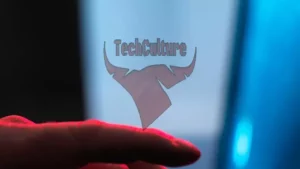State Department’s Tesla Procurement Plan Sparks Controversy, Clarifications Follow
A recent revelation about the U.S. State Department’s plans to procure “Armored Tesla” vehicles has ignited controversy, leading to swift clarifications and a halt in the proposed contract.
Initially, documents from the State Department suggested a $400 million allocation for armored Tesla vehicles. However, this information was quickly amended to “armored electric vehicles,” and the contract was subsequently put on hold amid growing scrutiny.
New reporting by NPR has shed light on the actual figures involved. According to documents obtained by the news organization, the planned spending for electric vehicles in 2025 is $483,000, with an additional $3 million earmarked for related equipment such as chargers. This total represents less than one percent of the initially reported $400 million figure.
The controversy has raised questions about potential conflicts of interest involving Elon Musk, Tesla’s CEO. Officials have since distanced themselves from the procurement plan, stating there are no current intentions to issue the contract.
The authenticity and timeline of the document have come under scrutiny, with its publication date remaining unclear. This has led to speculation about whether the procurement was an error or an intentional decision, and who might have suggested Tesla as the supplier.
A former Biden State Department official expressed doubt that the error was merely clerical, suggesting it may have been a decision made by a new staff member. The Biden administration had previously considered the concept of armoring electric vehicles but had not set a specific budget for such a project.
The controversy has also sparked discussions about the suitability of Tesla’s Cybertruck for government use. While Musk has marketed the Cybertruck as an “armored personnel carrier,” experts argue that conventional armored vehicles would be more appropriate. Concerns have been raised about the cost and practicality of up-armoring Cybertrucks, as well as the potential impact on their range and overall effectiveness for government officials.
As the situation continues to unfold, a State Department spokesperson has confirmed that there is no intention to proceed with the solicitation at this time. The incident highlights the complexities surrounding government procurement processes and the heightened scrutiny faced by high-profile contracts involving innovative technologies.






